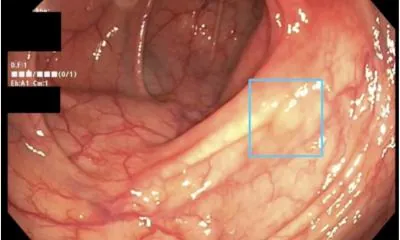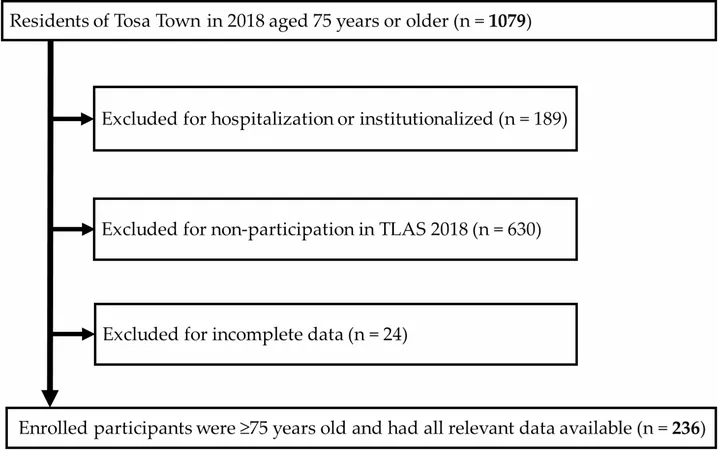
AI in Colon Cancer Detection: Why Experts Say We’re Only at Version 1.0 – A Look Ahead to the Future of Medical Technology!
2025-03-22
Author: Nur
AI's Role in Colon Cancer Detection
Recent studies published in Gastroenterology have drawn attention to the role of artificial intelligence (AI) in identifying colorectal polyps, a precursor to colon cancer. While the technology shows promise, particularly in improving polyp detection rates during the more than 15 million colonoscopies performed annually across the United States, its effectiveness in actually preventing colon cancer—the third most commonly diagnosed cancer worldwide—remains uncertain.
The Impact of Computer-Aided Detection (CADe)
Colonoscopy has long been hailed as the gold standard in detecting and averting colorectal cancer, but the introduction of Computer-Aided Detection (CADe) systems has sparked a conversation about how AI can enhance this process. Dr. Benjamin Lebwohl, a leading figure in the field, stated, "We are confident that using AI will lead to more polyps being removed and more colonoscopies performed. However, we’re still figuring out if this will translate into a reduction in colon cancer cases." He emphasized that while the tech holds significant potential, it's premature to advocate for its universal adoption in clinical practices.
Advancing AI Technology
Recognizing the need for continued advancement, Dr. Shahnaz Sultan mentioned that AI must surpass human capabilities in detecting less obvious lesions for it to become a more reliable tool. "Right now, AI is detecting easy-to-detect lesions. This is version 1.0. Before we can recommend widespread use, we need a more advanced version—4.0—one that helps locate polyps that are truly challenging to find."

 Brasil (PT)
Brasil (PT)
 Canada (EN)
Canada (EN)
 Chile (ES)
Chile (ES)
 Česko (CS)
Česko (CS)
 대한민국 (KO)
대한민국 (KO)
 España (ES)
España (ES)
 France (FR)
France (FR)
 Hong Kong (EN)
Hong Kong (EN)
 Italia (IT)
Italia (IT)
 日本 (JA)
日本 (JA)
 Magyarország (HU)
Magyarország (HU)
 Norge (NO)
Norge (NO)
 Polska (PL)
Polska (PL)
 Schweiz (DE)
Schweiz (DE)
 Singapore (EN)
Singapore (EN)
 Sverige (SV)
Sverige (SV)
 Suomi (FI)
Suomi (FI)
 Türkiye (TR)
Türkiye (TR)
 الإمارات العربية المتحدة (AR)
الإمارات العربية المتحدة (AR)